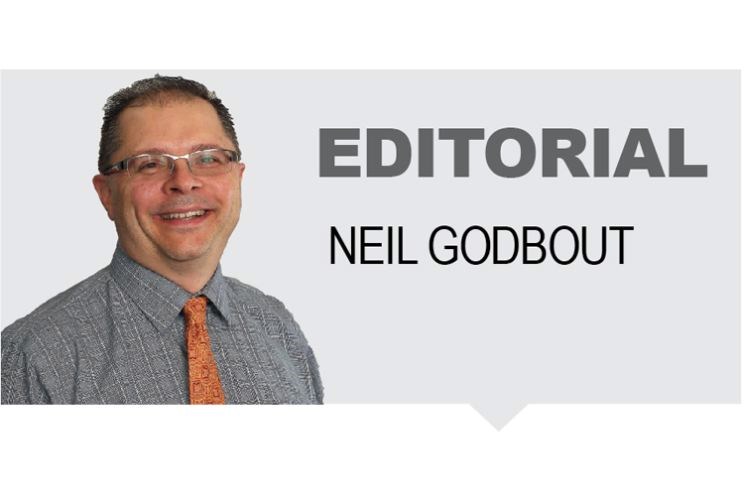By now, your City of Prince George utility bill has arrived in the mail. In case you just looked at the amount due but didn't look at the text below, "there has been an increase of 3% for water, 5% for Sewer & 2% for Garbage rates effective January 1, 2020."
Unfortunately, that's all it says. No brief explanation of the increase or some context. Just another tax increase above the rate of inflation. Has it suddenly cost more to run water through the pipes, to treat sewage or to pick up garbage? Who knows?
In the private sector, the normal practice is to provide some sort of pithy explanation on the bill of why the rates are going up. The bad and annoying habit of government, of which the City of Prince George is the standard, rather than the exception to the rule, is to just pass on increases small and large with nary an explanation.
That mentality is indicative of the thought process at City Hall. As city council works through finalizing its budget, language itself has been twisted to mask what's going on. Using the city jargon, mayor and council are debating "service enhancements."
Well, who doesn't want a service enhancement? It sounds so wonderful, like an upgrade to business class on a flight to Toronto or being moved from a basic room to a suite at a hotel. Those things don't come for free, of course, and in the rare instances when they do, most people can't help feeling they've won the lottery.
The problem with the phrase "service enhancement" is the emphasis on the end result, rather than the means. Both the elected officials and the civic employees want to offer great service to local residents. So when a service enhancement is proposed, the first thought is finding a way to make it happen. An enhancement is better and who doesn't want better?
So imagine for a moment that instead of calling them service enhancements, the same budget proposals - to hire more police, to add a climate change coordinator, to make snow removal more efficient, to improve social services and bylaw enforcement downtown - were called "spending increases?"
Suddenly, everybody's paying attention. Suddenly, the lens is "how much is this going to cost?" rather than "we need this to make things better." Suddenly, the rationale for the proposal starts with financial value, rather than intrinsic value.
What we call things shapes how we see them, which is why the two sides of the abortion debate refer to themselves as pro-choice and pro-life. Who doesn't want more choice? Who doesn't support life?
The same questions have come up during the recent pipeline protests. Should the people taking part be called pipeline protesters or land defenders? Wet'suwet'en supporters or illegal demonstrators?
Individual opinion of those issues dictates the answer.
In the case of service enhancements and spending increases, both are factually accurate descriptors. Calling them spending increases, however, puts the horse before the buggy. It's an in-your-face reminder for bureaucrats and politicians alike that the spending increase happens first, then the service enhancement.
If mayor and council are truly unhappy with the tax and spend reputation they've earned at the expense of local homeowners and businesses over the past six years, one minor change at no cost - renaming service enhancements as spending increases - could make a big difference.



